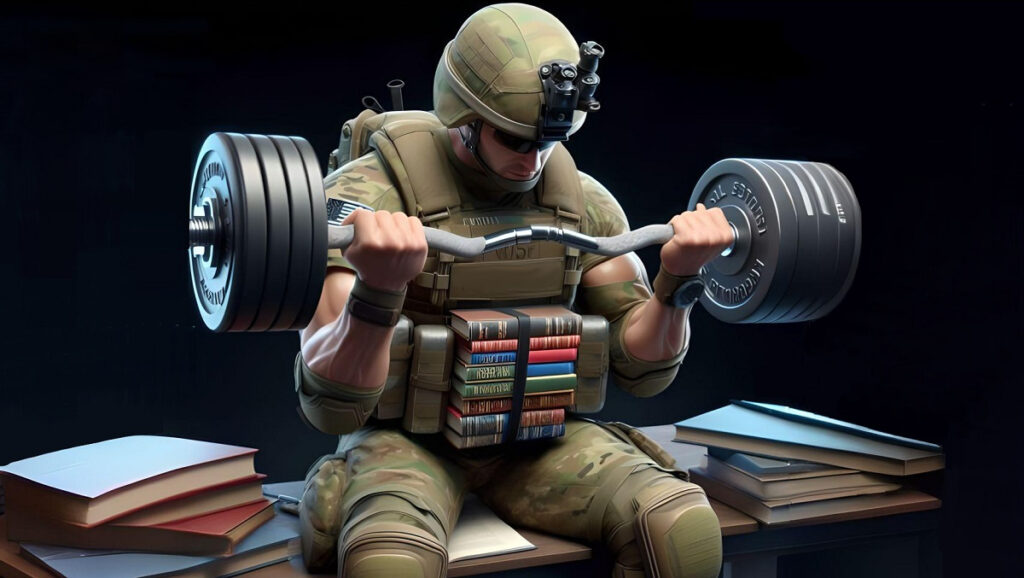General Randy George, Chief of Staff of the Army (CSA), has identified four priorities for the service during his tenure: building cohesive teams, delivering ready combat formations, continuous transformation and strengthening the army profession. Today’s episode focuses on the profession, and we’re pleased to have Allison Abbe and Ron Granieri in the studio to discuss the Army War College’s efforts to support the CSA’s priorities. They join Editor-in-Chief J.P. Clark to examine both the traditional elements of the profession as well as the adaptations that must occur in light of the changing character of war and an evolving society.
The recent work of Drs. Richard Laquement and Thomas Galvin that Dr. Abbe mentioned can be found here Framing the Future of the U.S. Military Profession.
Our students will probably never again have to wrestle with the question of whether Athens could have won the Peloponnesian war…but having wrestled with that question, they will be better able one hopes to deal with the question in the future when the President of the United States…asks them about this or that strategic challenge. And so we’re helping to build up the muscles much the way the ACFT is building up the muscles.
Podcast: Download
Subscribe: Android | Email | RSS
Allison Abbe is Professor of Organizational Studies at the US Army War College. Her research focuses on the development of leadership, interpersonal, and intercultural skills in national security personnel. She has previously worked as a research psychologist and program manager in defense and intelligence organizations and holds a PhD in social and personality psychology.
Ronald Granieri is Professor of History at the U.S. Army War College. He previously taught at the University of Pennsylvania as well as other universities in the United States and Germany, and is Templeton Fellow at the Foreign Policy Research Institute. He is the author of The Ambivalent Alliance: Konrad Adenauer, the CDU/CSU, and the Politics of German Westbindung, 1949-1966 (2003), and is working on a book about German politics from the 1960s through unification as well as a history of the Atlantic Community.
J.P. Clark is an associate professor of military strategy teaching in the Basic Strategic Art Program. He served in the army for twenty-six years as an armor officer and strategist. He holds a Ph.D. and M.A. in history from Duke University, an M.S.S. from the Army War College, and a B.S. in Russian and German from West Point. He is the author of Preparing for War: The Emergence of the Modern U.S. Army, 1815-1917 (Harvard, 2017). He is currently working on a history of U.S. military strategy in the Pacific from 1898 to 1941 that is under contract with the University Press of Kansas. He is the 3rd Editor-in-Chief of War Room. Follow him on Twitter @JPClark97.
The views expressed in this presentation are those of the speakers and do not necessarily reflect those of the U.S. Army War College, U.S. Army, or Department of Defense.
Photo Description: U.S. Army Spc. Micheal Amoyo, left, and Sgt. Marisa White, with the 329th Movement Control Team, conduct the Sprint-Drag-Carry exercise of the Army Combat Fitness Test at Mihail Kogalniceanu Air Base, Romania, Oct. 25, 2023. The unit conducted the six-event ACFT to evaluate their readiness and preparedness to meet their mission while deployed.
Photo Credit: U.S. Army Reserve photo by Spc. Andrew Mendoza

